As Ole Gunnar Solskjaer continues to shape the Manchester United squad in his image, you may hear or read about the term 'Manchester United DNA'.
Solskjaer has been tasked with bringing the club back to the summit of English football and in order to achieve that, he needs to identify players who have the ability to propel them towards that target.
So what exactly is 'Manchester United DNA' and, more importantly, who has it? Goal has all the information.
What is 'Manchester United DNA'?
'Manchester United DNA' is an abstract concept which has been used by Solskjaer and others to describe a set of desirable qualities that should be possessed by players who play for Manchester United.
"You can see the Man Utd standards - the DNA - in many of these players," Solskjaer has previously said when asked about whether or not he needs to make wholesale changes.
Next Match
"We have to get players in and some players will have to go out."
The term gained popularity during the 2018-19 season in the early days of the Norwegian's tenure as Red Devils boss, which saw him win his first six league matches, beating the record previously set by Matt Busby.
According to former Red Devils defender Rio Ferdinand 'Manchester United DNA' is basically a winning mentality and a refusal to rest on one's laurels.
Bravery and a willingness to play with a sense of adventure appear to be key traits encoded into the DNA too, with attitude prized ahead of talent levels.
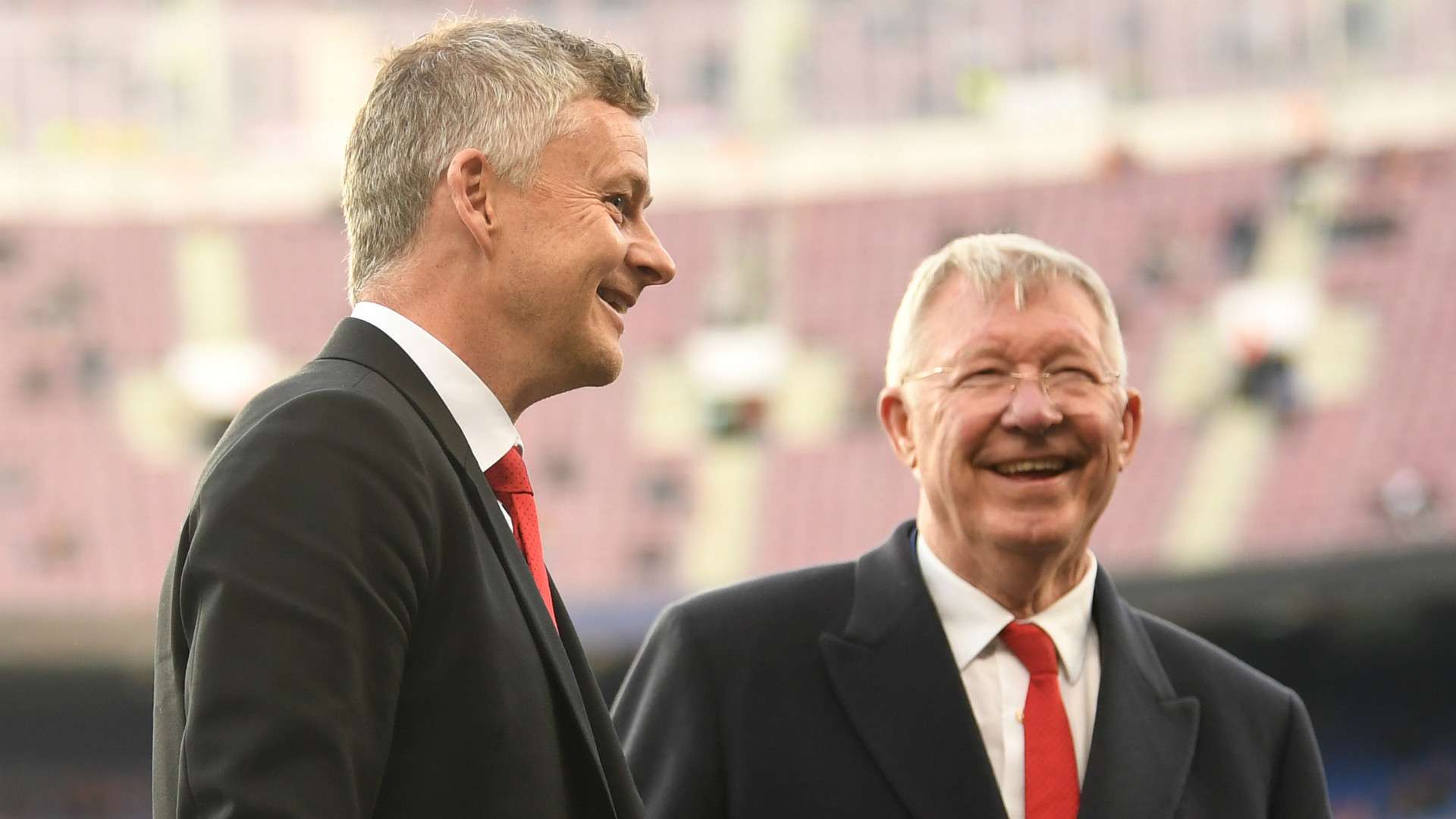 Getty Images
Getty Images
“Ole gets a blank canvas now to go into the club, do what he wants to do and move it forward,” Ferdinand said in March, following Solskjaer's permanent appointment as manager.
“It doesn’t matter how many players because the turnover has been so great over the last seven or eight years. It’s what players you get – because you have to get the right players.
“Players who are fit to play for Manchester United, players who play off the front foot, players who are brave. There’s a DNA there that should be going through a player who goes to Man United.
“Hunger needs to be brought into that squad. I look at the squads I was in, there were hungry people in there.
“Forget abilities sometimes. Are you hungry enough? Have you got a desire to come in and improve yourself and try to improve this team with respect to what has gone on before you?”
Of course, there is nothing particularly groundbreaking in Ferdinand's comments about the DNA - don't all clubs want diligent, hard-working players? - and he is light on specifics.
Is there anything in the DNA about how a player carries themselves off the pitch? In this day and age, what about social media usage? Just how far does it go?
Despite the veneer of lofty idealism presented by Ferdinand, it is unclear whether having 'Manchester United DNA' extends much further than being "hungry" to win.
The concept of a unique 'Manchester United DNA' dovetails with the idea that there is a 'Manchester United Way', which refers to the club's tradition of playing attacking, exciting football.
Each serves to expand the mythos of the club, but, ultimately, they are nothing more than snappy self-anointed tags for vaguely defined ideals.
Which players have 'Manchester United DNA'?
When Solskjaer, Ferdinand and Manchester United fans talk of 'Manchester United DNA' they are no doubt thinking of club heroes whose traits helped deliver glory.
The likes of Roy Keane, Bryan Robson and Michael Carrick, who each wore the captain's armband during their time at Old Trafford are template examples.
Players such as Cristiano Ronaldo, David Beckham and Eric Cantona, who demanded the best from themselves and those around them, too, not to mention Ferdinand and Solskjaer themselves.
Figuring out which players have the elusive 'Manchester United DNA' is the job of the club's transfer chief Ed Woodward and coaches are expected to foster it in those under their remit.
The first signing of Solskjaer's tenure as Red Devils manager was Daniel James and Aaron Wan-Bissaka is set to follow. After all the talk of 'Manchester United DNA', both players must be felt to have it' in them or, at the very least, to be capable of developing it.
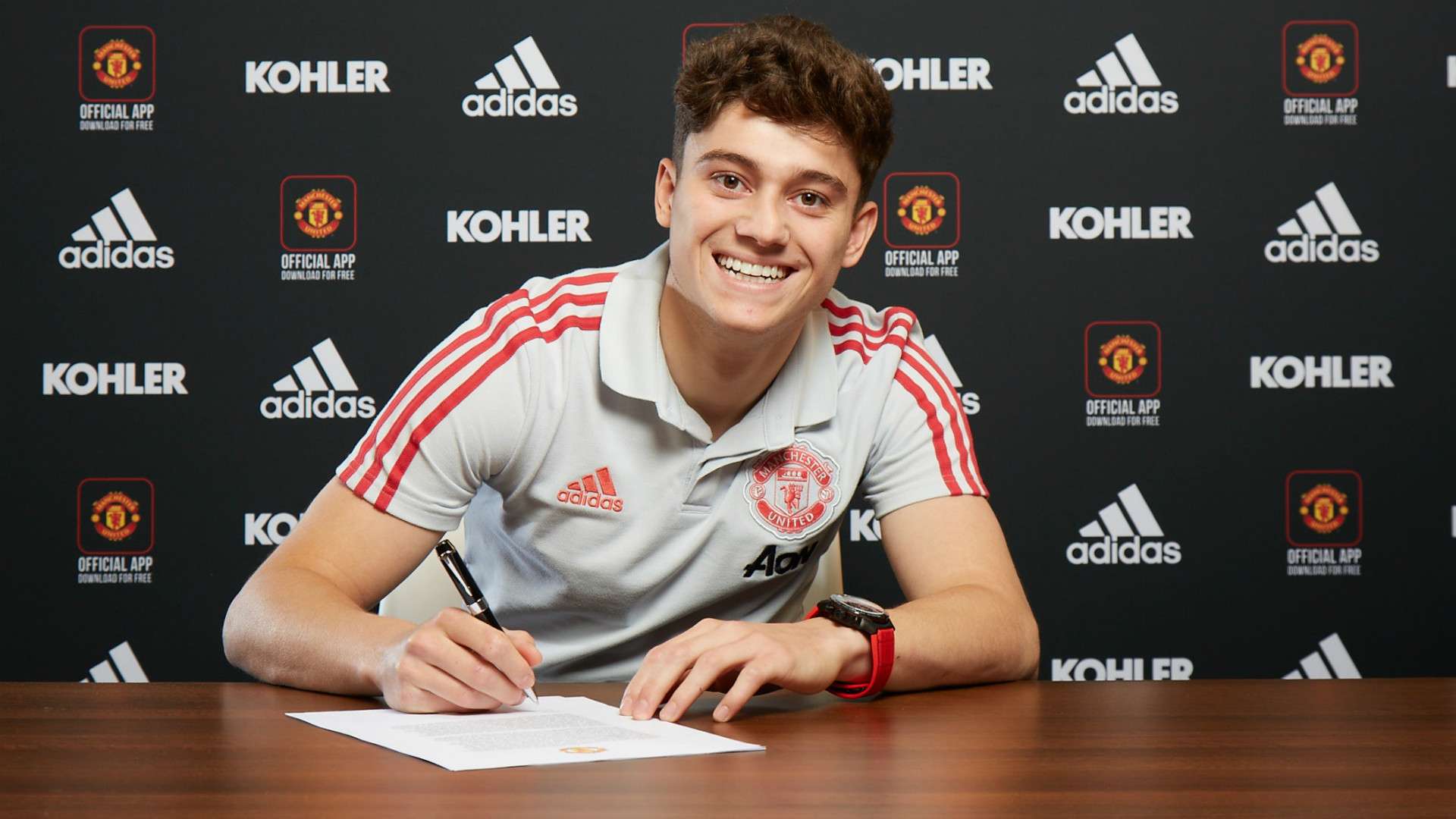 Manchester United
Manchester United
Solskjaer has warned that players who did not possess the Manchester United DNA would be shipped out of the club.
While it is difficult to say for sure which players exactly he had in mind, certain stars have come in for sustained criticism over the past few seasons – Alexis Sanchez and Paul Pogba, for example, though both players might well protest their credentials – but the re-signing of Cristiano Ronaldo and the acquisition of Jadon Sancho might prove otherwise.
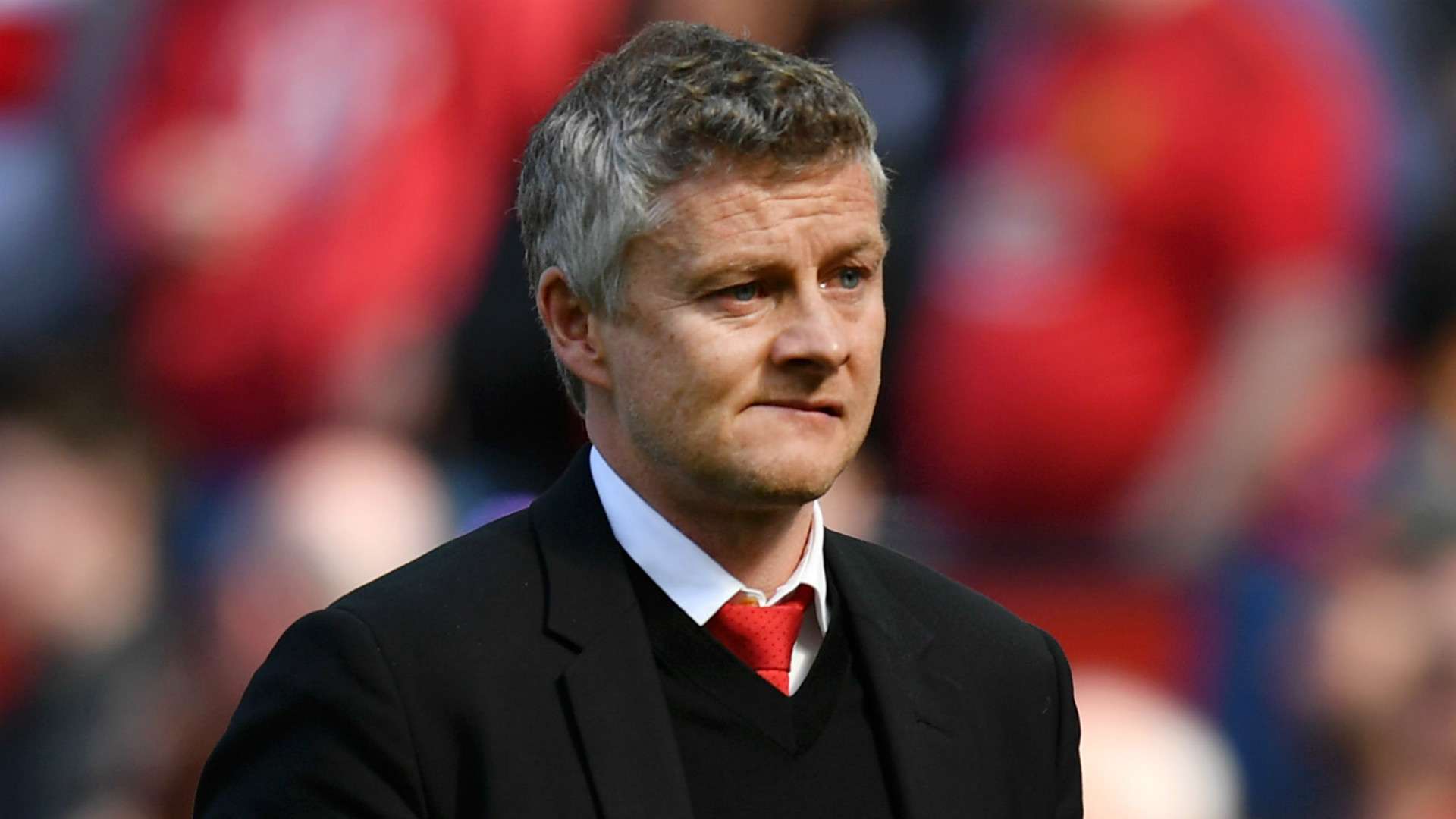


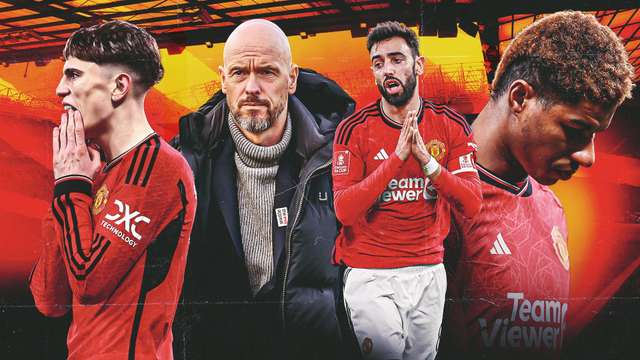
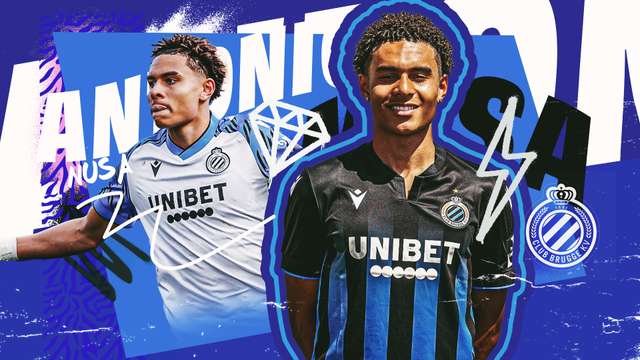
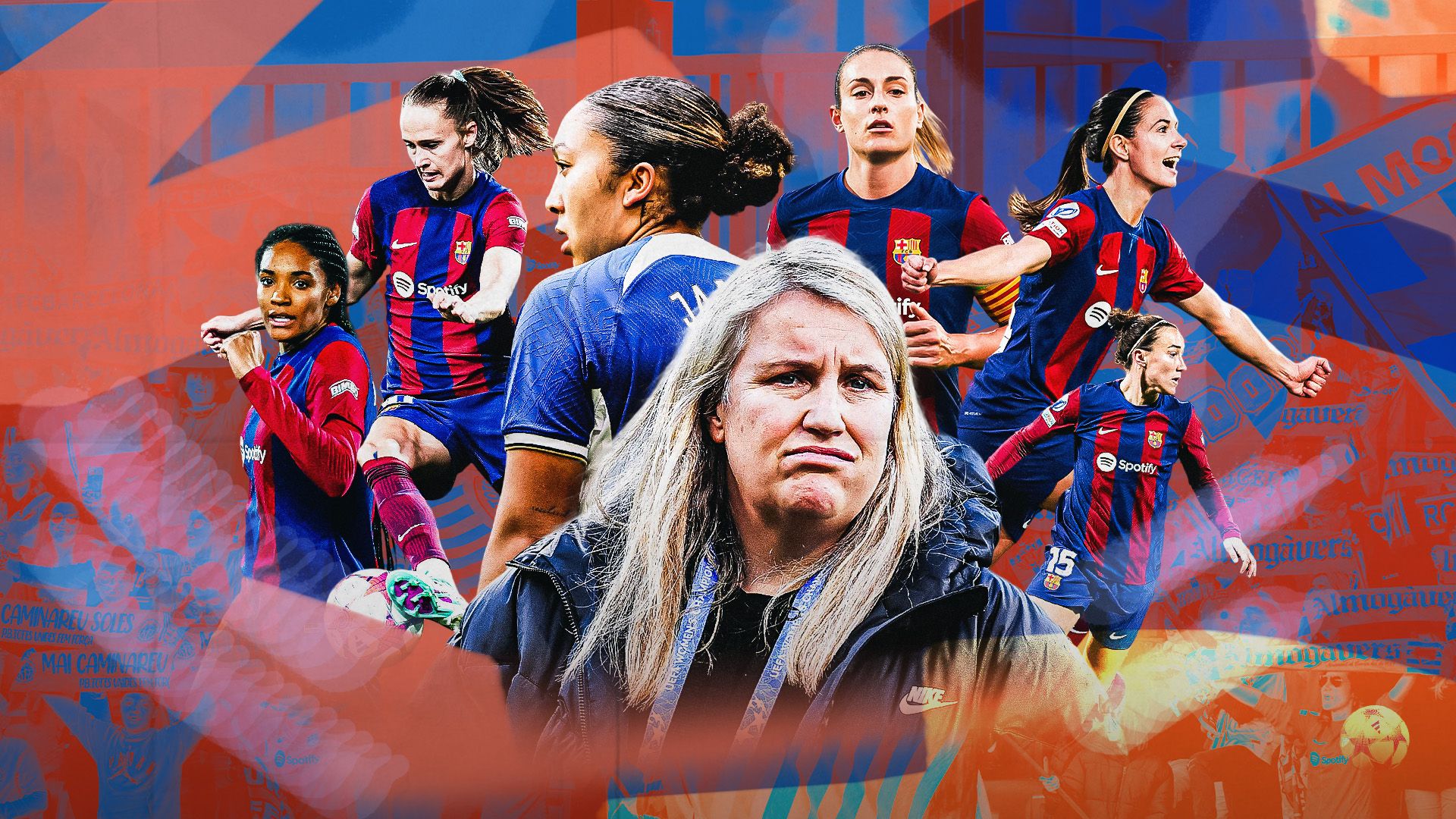.jpg?auto=webp&format=pjpg&width=640&quality=60)
.jpg?auto=webp&format=pjpg&width=640&quality=60)